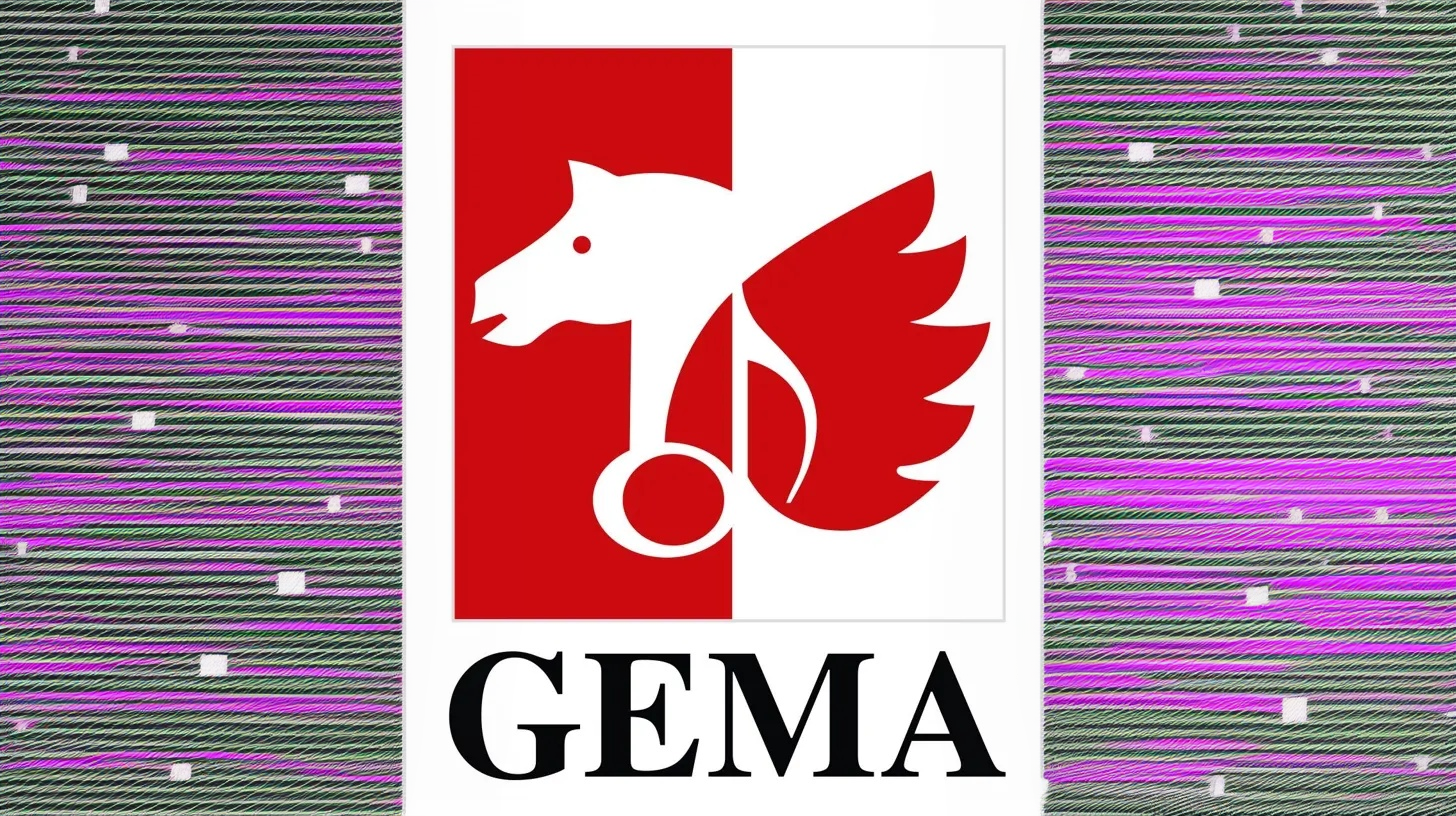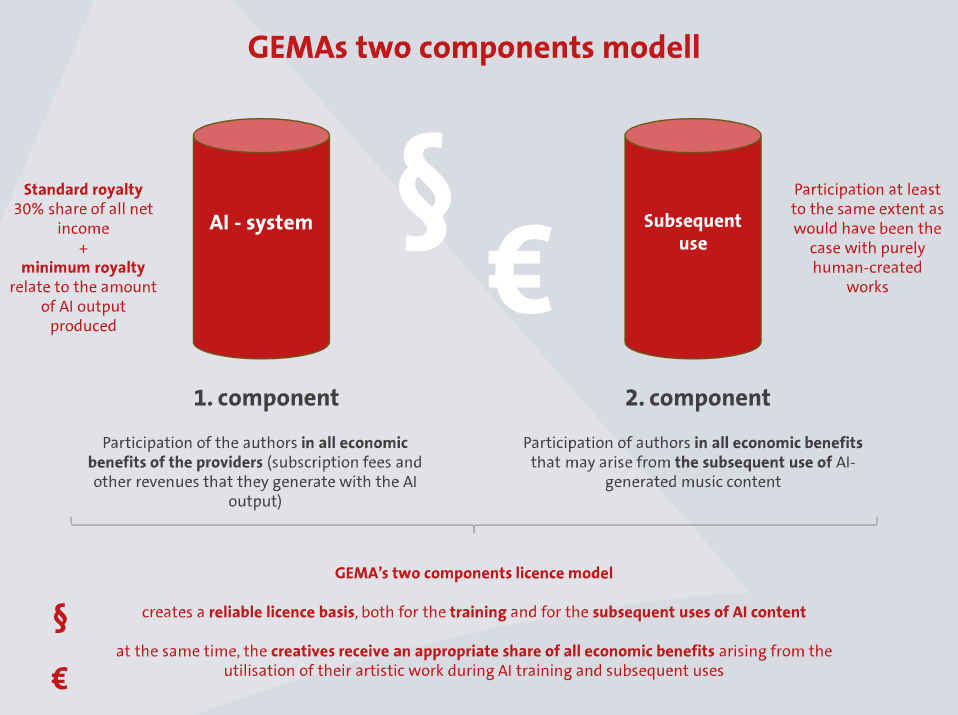German music rights group GEMA sues OpenAI over unlicensed song lyrics in ChatGPT

Update –
- Added OpenAI's statement
Update November 15, 2024:
OpenAI has responded to GEMA's accusations about copyright infringement, stating it respects creators' rights and is "engaged in productive discussions with many creators and trade organizations worldwide."
The company says it already lets copyright holders opt out of having their content used for AI training or report potential violations. OpenAI is also working on a tool that would let rights holders control whether their works can be used in "AI research."
These changes will only affect future AI models, though. While this approach may help OpenAI establish clearer legal ground moving forward, GEMA will likely continue to push for retroactive payments.
Original article from November 13, 2024:
German music rights organization GEMA filed a test case against OpenAI in Munich Regional Court on November 13, making it the first collecting society worldwide to take legal action against an AI provider.
According to GEMA, OpenAI's ChatGPT reproduces copyrighted song lyrics without obtaining proper licenses or paying the creators. The lawsuit targets both OpenAI LLC in the US and OpenAI Ireland Ltd, which manages European operations.
GEMA designed this as a test case to resolve fundamental legal questions about how AI companies use copyrighted material. While the immediate focus is on song lyrics, the outcome could affect how AI companies handle all types of protected content—including the generation of sound files by unlicensed services.
"Our members' songs are not free raw materials for AI companies' business models," says GEMA CEO Dr. Tobias Holzmüller.
GEMA points out potential differences between US and European law. While US courts might accept "fair use" arguments allowing certain unpaid uses, European regulations are supposedly stricter: AI companies must obtain licenses to train on copyrighted works if rights holders have claimed their protection, GEMA says.
"American companies seem to use this US legal gap as justification to avoid paying required licenses in Europe, despite the different legal framework here," GEMA explains in its lawsuit FAQ.
GEMA's AI licensing proposal
GEMA recently introduced a licensing framework for AI systems, requesting 30 percent of net revenue from AI models. The plan covers both initial AI training and subsequent use of AI-generated music content, aiming to compensate creators for all commercial benefits derived from their work.

A GEMA study suggests generative AI services could put 27 percent of songwriters' and lyricists' income at risk. For members of GEMA and its French counterpart, SACEM, this could mean a loss of €2.7 billion by 2028. The study found that 71 percent of creators surveyed believe that AI threatens their financial stability.
While OpenAI recently won a U.S. copyright lawsuit against news organizations using a fair use defense, the legal landscape remains complex when it comes to AI training, generation, and copyrighted data.
And it's not clear in the US either, with major music companies like Sony are suing AI music generators like Suno and Udio. Suno argues that learning from data isn't copyright infringement, but this defense faces skepticism from EU and US companies whose copyrighted data has been used without asking to train AI, in some cases for products that could replace them.
AI News Without the Hype – Curated by Humans
As a THE DECODER subscriber, you get ad-free reading, our weekly AI newsletter, the exclusive "AI Radar" Frontier Report 6× per year, access to comments, and our complete archive.
Subscribe nowAI news without the hype
Curated by humans.
- Over 20 percent launch discount.
- Read without distractions – no Google ads.
- Access to comments and community discussions.
- Weekly AI newsletter.
- 6 times a year: “AI Radar” – deep dives on key AI topics.
- Up to 25 % off on KI Pro online events.
- Access to our full ten-year archive.
- Get the latest AI news from The Decoder.